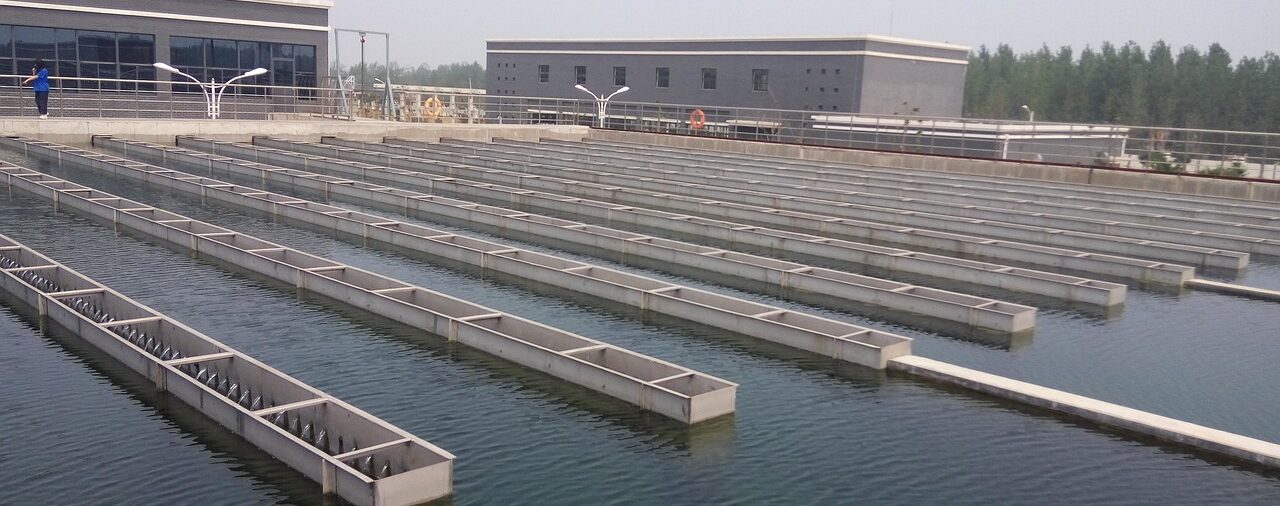Water true-cost to manage social contestability? Users’ perceptions
about community-managed water standpipes networks in Kinshasa,
Democratic Republic of Congo
Hippolyte Ditona Tsumbua,c,*, David Cammaertsa, Ignace Adantb, Françis Lelo Nzuzic, Jean-François Deliègea
aUnité PeGire – Aquapôle, UR FOCUS – Université de Liège, 4000 Liège, Belgium, Tel. +243824384260/+32465798787;
email: hyppoliteditona@gmail.com (H.D. Tsumbu), Tel. +32494344492; email: davidcammaerts@gmail.com (D. Cammaerts),
Tel. +3243662356; email: jfdeliege@uliege.be (J.-F. Deliège)
bEarth and Life Institute, Université Catholique de Louvain, 1348 Louvain-la-Neuve, Belgium, Tel. +32010478706;
email: ignace.adant@uclouvain.be (I. Adant)
cÉcole Régionale d’Aménagement et de Gestion Intégrés des Forêts et Territoires Tropicaux, Université de Kinshasa, R.D. Congo,
Tel. +2438189046324; email: lelonzuzi@yahoo.fr (F.L. Nzuzi)
Received 14 January 2022; Accepted 25 May 2022
ABSTRACT
In suburban areas of African megalopolis, the development and commissioning of water production and distribution infrastructures fail to keep pace with unplanned urbanisation. Therefore,
millions of households do not have access to safe tap water. In Democratic Republic of Congo, associations of users of drinking water standpipes networks (ASUREP) have emerged in the peripheral districts of major cities. They share the same operating principles of governance and participatory management organized in a reference model (the ASUREP model). It was designed as an alternative to governmental model to respond proactively to the criticisms that frequently target tap water producers and distributors, therefore reducing their exposition to social contestation.
A rigorous evaluation of the impacts generated by the application of the ASUREP model is therefore particularly useful, for the Congolese society but also to shed light on other innovative alternatives. In the framework of this evaluation, we conducted in 2020 a survey of more than 1,000 households in the peri-urban areas of Kinshasa. In this paper we remind the key operating principles that should be applied by the managers of the ASUREP serving these households. We synthesize our observations about the difference between the reference model and its application when it comes to water pricing. We stress that most of the households served by the ASUREP do not master the water true-cost concept and that most of the respondents have a limited understanding of the determinants of the unit price of water. There is a form of contestant vigilance expressed by many households because the price of water is depicted as not transparent and is therefore likely considered as too high. In the peri-urban areas of Kinshasa, most users put up with this situation rather than lapsing into active protests and many of them do not use the communication channels provided for participatory governance. We discuss these results and conclude this evaluation step by identifying two avenues for future research related to the role of informal institutions in the management of social contestability and of full transparency on water production costs.
Keywords: ASUREP; Alternative drinking water supply model; Water true-cost; Social contestability; Kinshasa
* Corresponding author.
Presented at the 9th International Conference on Water Resources in the Mediterranean Basin (WATMED9), 26–28 May 2021, Marrakech, Morocco 1944-3994/1944-3986 © 2022 Desalination Publications. All rights reserved.
Full article above






